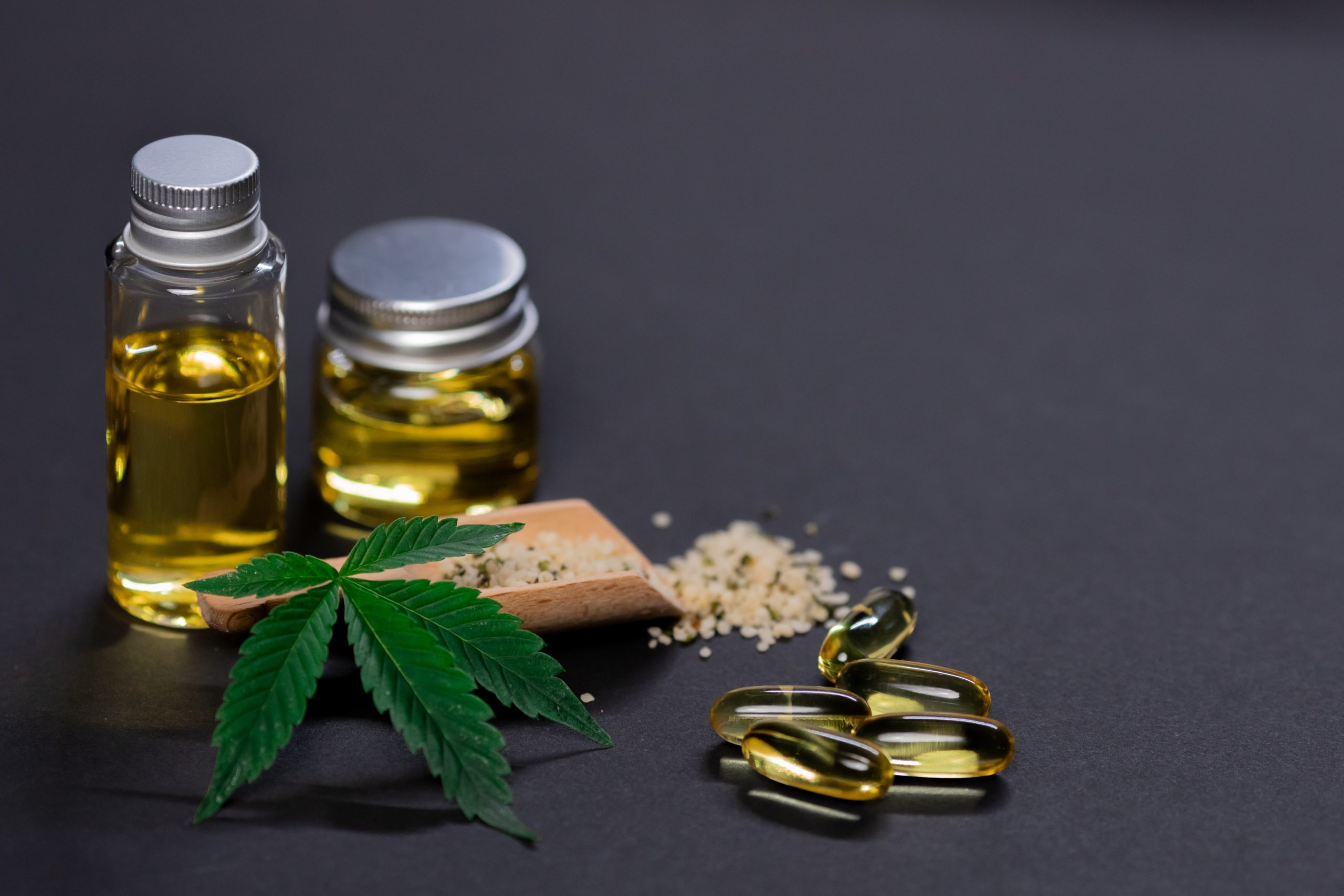Full-Spectrum, Broad-Spectrum, and CBD Isolate
In the ever-expanding world of CBD products, consumers are often faced with an array of options, each claiming unique benefits and properties.
Understanding the differences between the main types of CBD—full-spectrum, broad-spectrum, and CBD isolate—can help you make informed decisions when choosing the right product for your needs.
Let’s explore the distinctive characteristics and potential advantages of each type of CBD.
Full-Spectrum CBD:
Full-spectrum CBD, also known as whole-plant CBD, contains all the naturally occurring compounds found in the cannabis plant, including cannabinoids, terpenes, flavonoids, and trace amounts of THC (tetrahydrocannabinol).
The synergistic interaction between these compounds is often referred to as the “entourage effect,” wherein each component enhances the therapeutic properties of the others.
Benefits of Full-Spectrum CBD:
- Enhanced Therapeutic Effects: The entourage effect suggests that full-spectrum CBD may offer enhanced therapeutic benefits compared to isolated CBD.
By leveraging the combined action of multiple compounds, full-spectrum CBD can potentially deliver more comprehensive relief for various health conditions, including pain, inflammation, anxiety, and insomnia. - Potent Anti-Inflammatory Properties: Research suggests that the diverse array of cannabinoids and terpenes in full-spectrum CBD may exert powerful anti-inflammatory effects, making it particularly effective for alleviating chronic pain, arthritis, and inflammatory disorders.
- Improved Relaxation and Stress Relief: The presence of cannabinoids like CBD and THC, along with calming terpenes such as myrcene and linalool, may promote relaxation and stress relief, helping individuals unwind and manage symptoms of anxiety and stress more effectively.
- Support for Neurological Health: Full-spectrum CBD’s rich cannabinoid profile, including CBD, THC, and other cannabinoids like CBG (cannabigerol) and CBC (cannabichromene), may support neurological health and cognitive function, potentially benefiting individuals with neurodegenerative diseases like Alzheimer’s and Parkinson’s.
Broad-Spectrum CBD:
Broad-spectrum CBD is similar to full-spectrum CBD in that it contains multiple cannabinoids and terpenes, but it undergoes additional processing to remove THC completely.
This makes broad-spectrum CBD an attractive option for individuals who want to experience the entourage effect without the risk of psychoactive effects from THC.
Benefits of Broad-Spectrum CBD:
- Entourage Effect without THC: Broad-spectrum CBD offers the potential benefits of the entourage effect without the presence of THC, making it suitable for individuals who prefer to avoid THC due to legal reasons, sensitivity, or concerns about intoxication.
- Comprehensive Wellness Support: Like full-spectrum CBD, broad-spectrum CBD may provide comprehensive support for overall wellness, including pain relief, inflammation reduction, stress management, and neuroprotection, thanks to its diverse cannabinoid and terpene profile.
- Ideal for Drug Testing: Since broad-spectrum CBD contains non-detectable levels of THC, it’s a preferred option for individuals subject to drug testing, such as athletes or employees in occupations with strict drug policies.
CBD Isolate:
CBD isolate is the purest form of CBD, containing 99% pure CBD with no other cannabinoids, terpenes, or plant compounds.
It’s typically derived from full-spectrum or broad-spectrum CBD through additional refinement processes, resulting in a crystalline powder or solid form.
Benefits of CBD Isolate:
- Zero THC Content: CBD isolate offers the benefits of CBD without any THC content, making it an excellent choice for individuals who want to avoid THC entirely, whether due to legal restrictions, personal preference, or sensitivity.
- Versatility and Customization: CBD isolate is highly versatile and can be easily incorporated into various products, including edibles, topicals, and beverages. Its neutral flavor and odor make it ideal for customizing dosage and formulating precise formulations tailored to individual preferences and needs.
- Risk-Free Consumption: With CBD isolate, consumers can enjoy the therapeutic effects of CBD with confidence, knowing that there’s no risk of psychoactive effects or failing a drug test due to THC contamination.
Conclusion:
Whether you opt for full-spectrum, broad-spectrum, or CBD isolate, each type of CBD offers unique benefits and advantages tailored to different preferences and needs.
Full-spectrum CBD harnesses the power of the entourage effect, broad-spectrum CBD provides comprehensive wellness support without THC, and CBD isolate offers pure CBD for risk-free consumption and versatile applications.
Ultimately, the choice between these types of CBD depends on factors such as individual health goals, sensitivity to THC, and personal preferences. By understanding the distinctions between these CBD variants, consumers can make informed decisions and unlock the full potential of CBD for their well-being.

